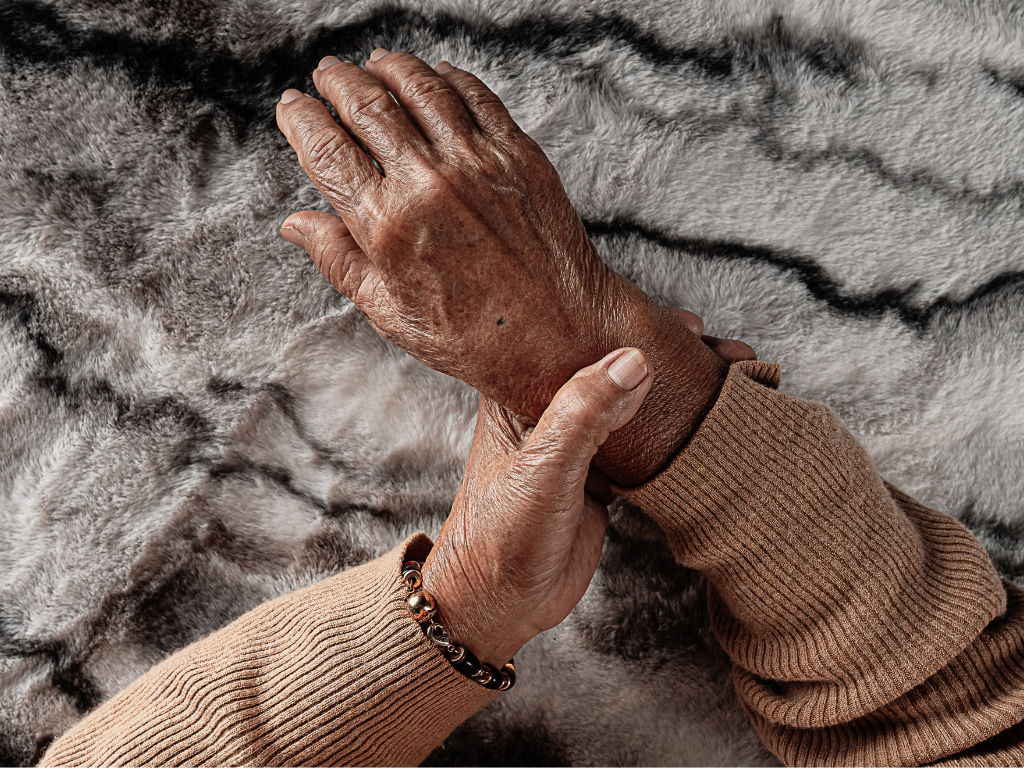
Arthritis is a common condition that affects millions of people, especially seniors. It can lead to joint pain, stiffness, and reduced mobility. However, with the right strategies, individuals can effectively manage it and lead a more comfortable and active life. In this article, we will explore tips for pain management and improved mobility for those coping with arthritis.
Understanding Arthritis:
Arthritis is a group of conditions that cause inflammation and pain in the joints. The two most common types are osteoarthritis (OA) and rheumatoid arthritis (RA). OA is related to wear and tear on the joints, while RA is an autoimmune disorder.
Tips for Arthritis Pain Management and Mobility:
- Medication Management: Consult with your healthcare provider to develop a medication plan that suits your specific arthritis type and symptoms. Nonsteroidal anti-inflammatory drugs (NSAIDs), corticosteroids, and disease-modifying antirheumatic drugs (DMARDs) are common medications used for arthritis.
- Physical Therapy: Work with a physical therapist to develop an exercise program that targets the affected joints. Physical therapy can help improve strength, flexibility, and range of motion.
- Weight Management: Maintaining a healthy weight is crucial for arthritis management, especially for OA. Excess weight puts extra stress on weight-bearing joints, exacerbating pain and reducing mobility.
- Hot and Cold Therapy: Applying heat or cold to affected joints can provide relief. Heat can relax and soothe sore muscles, while cold therapy can reduce inflammation and numb pain.
- Assistive Devices: Consider using assistive devices like canes, braces, or splints to support your mobility and reduce the load on affected joints.
- Pain-Relieving Creams and Gels: Over-the-counter or prescription topical creams and gels can provide temporary relief from arthritis pain when applied directly to the skin.
- Low-Impact Exercise: Engage in low-impact exercises like swimming, cycling, or water aerobics. These activities are gentle on the joints and can help improve mobility.
- Proper Nutrition: Maintain a balanced diet that includes anti-inflammatory foods, such as fruits, vegetables, and omega-3 fatty acids found in fish. These foods can help reduce inflammation and alleviate arthritis symptoms.
- Stress Management: High stress levels can exacerbate arthritis symptoms. Practice stress-reduction techniques like meditation, deep breathing, or yoga to keep stress in check.
- Joint Protection: Be mindful of how you use your joints. Use larger, stronger joints to carry heavy objects, and avoid repetitive movements that strain your joints.
Additional tips for arthritis pain and mobility:
- Rest and Recovery: Listen to your body and allow yourself adequate rest and recovery time. Overexertion can worsen arthritis symptoms.
- Medication Adherence: If your healthcare provider prescribes medications, take them as directed. Communicate any concerns or side effects with your provider.
- Surgery Options: In severe cases, surgery may be recommended. Procedures such as joint replacement surgery can significantly improve mobility and reduce pain.
Support System:
Maintain a support system that includes family members, friends, or a support group for individuals coping with arthritis. Sharing experiences and seeking advice from others can provide emotional support.
Coping with arthritis is a journey that involves effective pain management and strategies to improve mobility. By following a comprehensive plan that includes medication management, exercise, weight control, and stress reduction, you can better manage arthritis and lead a more comfortable and active life. Remember that you are not alone, and there are resources and communities available to help you on your path to managing arthritis.
